A standout Stephen King adaptation, “Dolores Claiborne” takes its time to flower into a powerful meditation on family, guilt, and suffering.
Dolores Claiborne is a triumphant oddity in the sea of Stephen King adaptations.
The film contains basically no supernatural elements, yet it manages to display almost every stereotypical Kingian trope, from small-town Maine to the alcoholic father figure to the ineluctable influence of the past upon the present. While getting off to a rocky start, Dolores Claiborne ultimately succeeds by being anchored in two fantastic lead performances.
The movie opens with a bang, as we see our titular character (in a stellar performance by Kathy Bates) apparently attempting to murder Vera Donovan (played by Judy Parfitt), the wealthy socialite for whom she works as a caretaker and servant.
Dolores is accused of murder by the small town’s detective Mackey (played by Christopher Plummer), who, we find out, has something of a vendetta against her. This is because, twenty years prior, Dolores was also accused of murdering her abusive, alcoholic husband (David Stratham), and Mackey could not scrounge up enough evidence to condemn her. For the sake of his pride, the detective is determined to find her guilty this time around.
While Dolores is certainly the main character, one could argue that Dolores’s daughter, Selena (played by Jennifer Jason Leigh), has an equally important role to play.
We know very little about her past when the movie begins. She’s a journalist with a somewhat gruff and distant personality. When she finds out that her mother has been accused of a crime, she travels to the small Maine town where she grew up. Throughout the film, the character of Selena gradually opens up, and the audience discovers the roots of her trauma.
We see the film’s action mostly through Selena’s eyes, so we don’t know (at first) whether Dolores is a murderer or not. This is the film’s central mystery.
Dolores Claiborne works because of Kathy Bates and Jennifer Jason Leigh.
Their characters share a past yet seem totally different.
Bates’s Dolores is talkative, aggressive, and frustrated with the world. Bates makes Dolores feel like a real, suffering human being, a far cry from the more histrionic (but equally great) character she played in Misery (1990).
Leigh’s Selena is more restrained at first, almost affectless. In my opinion, Jennifer Jason Leigh is one of the few actors who can make this kind of detached personality absolutely engrossing.
Their mother-daughter relationship is initially strained and seems unloving. But once the past is revealed, we see their relationship with new eyes.
In addition to the committed lead performances, the other stand-out feature of Dolores Claiborne is its structure.
The film is loaded with flashback sequences, ranging from only a few seconds to multiple minutes. At first, these flashbacks can be annoying, almost comically so. They occur very frequently and seem to disrupt the flow of the main story. However, about an hour into the film, I realized that this formal choice actually perfectly complements the movie’s thematic content.
Specifically, the use of flashbacks shows how the characters’ past and present are thoroughly intertwined, and it also displays how events in the characters’ past can be remembered, misremembered, or repressed.
As you watch Dolores Claiborne, just go with the flashbacks; eventually they will pay off.
Because this movie is over two hours long, it may be a tough swallow for some viewers, especially those expecting a standard Stephen King story.
As I mentioned, Dolores Claiborne is more of a thriller-drama and arguably possesses no overt supernatural occurrences.
It’s also quite slow-paced, giving us an extremely well-rounded exploration of our central characters.
If you accept these facts going into the film, it will probably be a more enjoyable watch. And if you’re waiting for the plot to pick up steam, you can always bask in the movie’s beautiful Northeast scenery and Danny Elfman’s heartfelt, surprisingly understated score.
Dolores Claiborne is ultimately a film whose early risks are rewarded by its conclusion.
At times, the film seems to meander, almost approaching a state of tedium, but the mystery elements are compelling enough to keep the audience invested until their resolution.
And that resolution, when it finally comes, is intense, melancholy, and deeply moving.
Dolores Claiborne, based on the 1992 novel by Stephen King, directed by Taylor Hackford, and written by Tony Gilroy, is currently available to stream on Max.


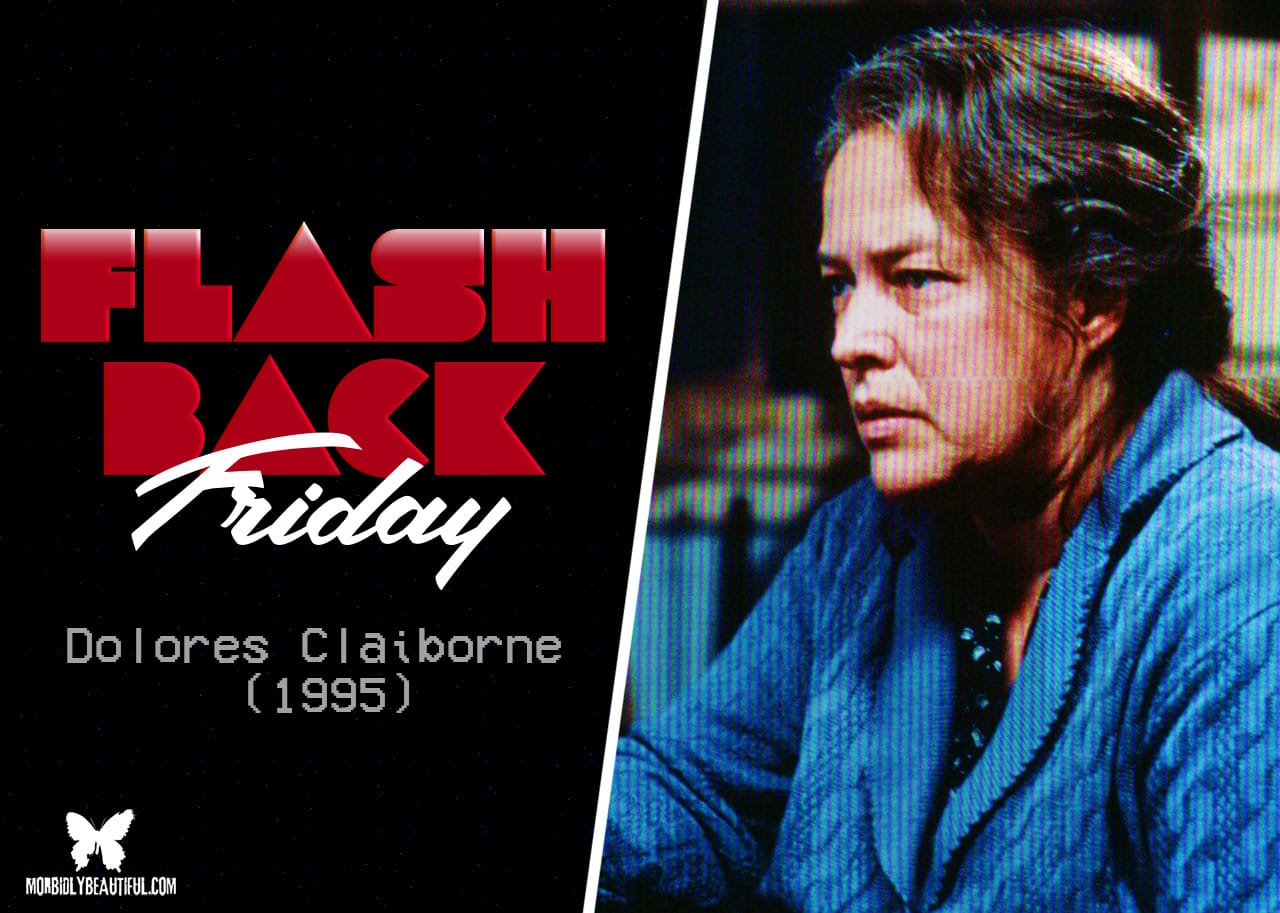
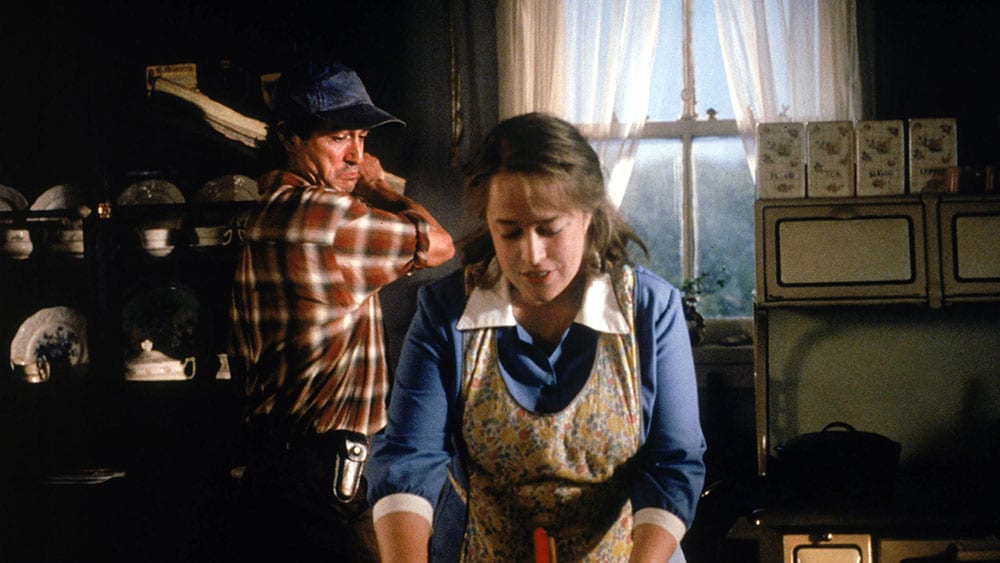
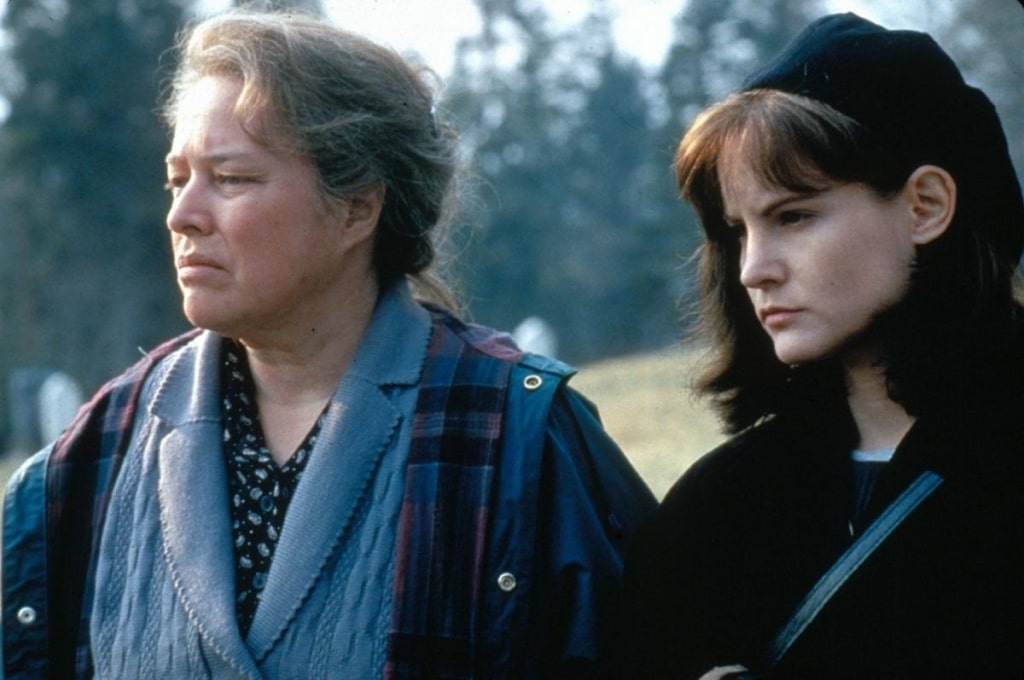
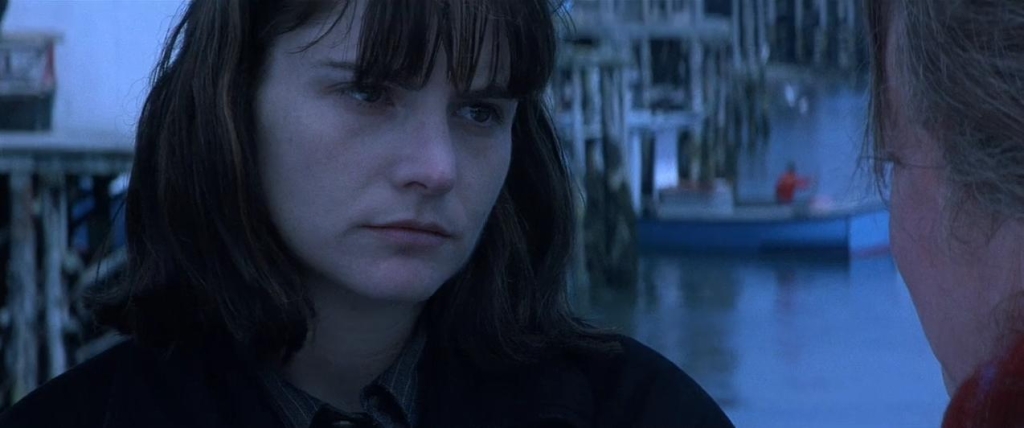
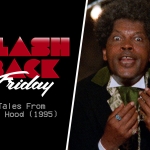


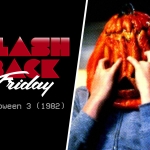








Follow Us!